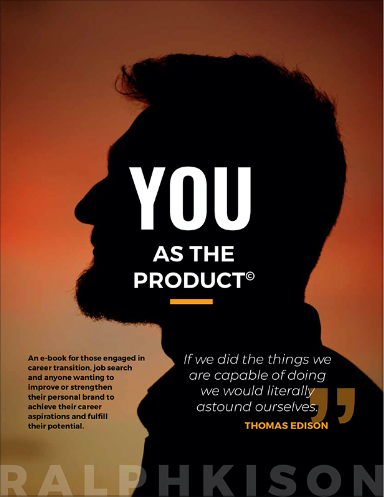Why is “Why” so important? Let me try to address this question by setting the stage. Most goal-oriented, dream chasing, passionate people think pretty much non-stop about “what” they need to do and “how” they will get it done. The problem with that model is that you can burn yourself out or go crazy trying to succeed. Read the Steve Jobs quote, and then let’s explore the “why” question.
“People think focus means saying yes to the thing you’ve got to focus on. But that’s not what it means at all. It means saying no to the hundred other good ideas that there are. You have to pick carefully.”
Steve Jobs
I have come to realize, often the hard way, that getting clarity on why I am doing something is far more important, and difficult, than even getting the task completed. I am sometimes guilty of this and find that about 99.9% of those I coach or consult with are working very hard to get things done, meet deadlines, satisfy their boss or clients, without really asking themselves WHY they are doing this. Think about it – when was the last time you thought long and hard about why you are doing something, whether it be personal or professional.
You likely are completing the task or working on the project because you have been told to. Not because you want to. That’s also why you are not inspired and excited.
Read the Steve Job’s quote again and this time think of one big project or task you are working on right now and ask yourself “why am I doing this?” Next, I want you to watch the Simon Sinek video and consider that same task or project but this time start by answering the why question. You may struggle with finding a good answer. I have taken Sinek’s simple concept to heart and have been applying it to every area of my life. It has made a big difference in what I do and what I say “yes” to, but more importantly what I say “no” to.
According to Sinek, there are three critical factors for an organization, and individuals, to function at their highest levels. He starts by addressing the questions of Why, How and What. Sinek claims that the majority of organizations typically focus only on two factors, the How and What. These factors manifest themselves in the form of strategies and tactics and translate into the tasks that keep us busy but not always productive. He concedes that the How and What are vital, but the most important question relates to Why. Why do these things in the first place?
An organization focused on two out of the three is out of balance. This imbalance can take the form of a lack of passion, undifferentiated market or brand position, high stress levels driven by the need to maintain results, profits, etc. which leads to decisions that provide short-term results at the expense of long-term success. Why is typically not addressed because the answer to the Why question exists in the area of the brain that controls behaviour but not language. Simply put, if it’s hard to see, it’s hard to measure, and then it’s also hard to talk about. Ergo we tend to ignore it.
The clearer people and organizations become relating to WHY they do what they do, the more they will operate in balance. This will result in more people who love their jobs, increased engagement and productivity, more innovation, greater efficiencies, enhanced loyalties and the ability to maintain those things for the long-term. Those who know their WHY and live by it are ultimately the ones who truly lead. Read the Steve Jobs quote again and consider what he achieved.
Follow the link to Simon Sinek`s presentation on Ted.com. I strongly recommend you view it and define your personal Why. Watch it a few times so it sinks in. Then ask yourself Why do you do what you do? Why does your firm or organization do what it does? I constantly hear companies and individuals talking about what they do and how they do it. The thing that’s missing, and the reason they don’t connect deeply with their clients and employees is, that they fail miserably at stating their “Why”. Typically the answer to “why” ends up being increased profits, market position, or a goal to be one of the top 10 firms in their industry. These responses are music to the ears of owners and shareholders but they typically fall short of inspiring and engaging their greatest resource – their people. And then they wonder “Why” their people leave.
Simon Sinek – How Great Leaders Inspire Action
“Focusing your life solely on making a buck shows a certain poverty of ambition. It asks too little of yourself. Because it’s only when you hitch your wagon to something larger than yourself that you realize your true potential.”
Barack Obama


Recent Comments